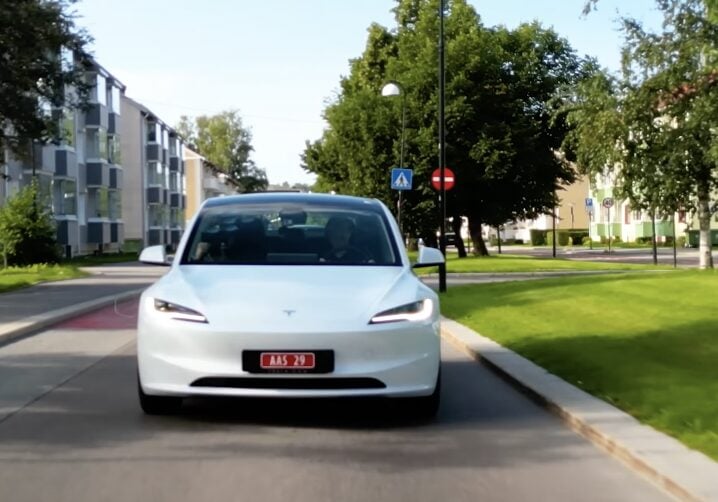In an era dominated by digital innovation, Tesla, a pioneer in the electric vehicle market, is at the forefront of automotive advancement and cybersecurity. Recent events have put the company in the spotlight again, this time due to a major breach in its software systems, raising concerns about the vulnerability of modern vehicles to cyberattacks.
The incident, in which hackers exploited a critical vulnerability in Tesla's software architecture, highlights the pervasive nature of cyber threats in an increasingly interconnected world. Although specific details about the breach have not yet been released, its impact is felt throughout the auto industry and highlights the urgent need for stronger cybersecurity measures to protect manufacturers and consumers. It is embossed.
Tesla's journey in cybersecurity has been marked by innovation and adversity. As a company built on cutting-edge technology and forward-thinking principles, Tesla has long recognized the importance of protecting our systems from malicious attackers. However, despite best efforts, the evolving nature of cyber threats presents ongoing challenges that require continued vigilance and adaptation.
One of the cornerstones of Tesla's cybersecurity strategy is active engagement with the hacker community. Tesla invites ethical hackers to test the integrity of its systems and identify potential vulnerabilities through initiatives such as its bug bounty program and participation in hacking contests such as his Pwn2Own. This collaborative approach helps Tesla identify and address security flaws and fosters a culture of transparency and accountability within the company.
However, recent breaches are a stark reminder that the threat posed by adversaries is ever-present. As vehicles become more reliant on software-driven functionality, the attack surface for cybercriminals expands and requires robust defense mechanisms to reduce the risk of exploitation.
The impact of cybersecurity breaches in the automotive industry goes far beyond financial losses. A successful attack could compromise critical systems inside Tesla vehicles, putting the safety of drivers and passengers alike at risk. From unauthorized access to vehicle controls to the theft of sensitive user data, the impact of a cyber breach is diverse and far-reaching.
In response to the growing threat, Tesla has reaffirmed its commitment to hardening its cybersecurity infrastructure to better defend against future attacks. The company continues to invest in cutting-edge technology and takes a multi-layered approach to security, including preventive measures and rapid incident response capabilities.
Additionally, Tesla recognizes the importance of regulatory compliance and industry collaboration in effectively addressing cybersecurity challenges. Tesla aims to raise the bar for cybersecurity resiliency across the industry by adhering to established standards and collaborating with stakeholders across the automotive ecosystem.
Looking to the future, the cybersecurity environment for automakers is expected to become increasingly complex and difficult. As vehicles evolve into sophisticated digital platforms, the need for robust cybersecurity measures becomes more urgent. Tesla's continued efforts to meet these challenges head-on is a testament to the company's unwavering commitment to innovation, safety, and security in the era of digital mobility.
In an era where digital resilience is paramount, Tesla is poised to take the lead in shaping a safe and reliable future of connected cars. By leveraging our strong commitment to technology, collaboration and cybersecurity best practices, Tesla aims to address the evolving threat landscape and pave the way for a safer and more resilient auto industry. .


